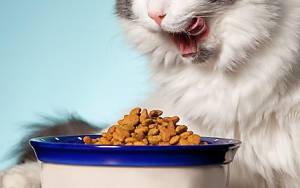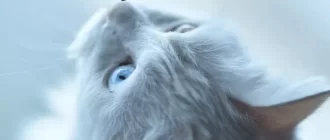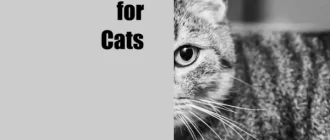When it comes to the health of our furry friends, it’s crucial to be well-informed and attuned to any potential issues they may face.
As cat owners, we know the importance of recognizing the signs and symptoms of various health conditions.
We will shed light on two critical conditions that can affect our feline companions: strokes and heart attacks. Understanding these conditions will empower us to take appropriate action if ever faced with a cat experiencing such medical emergencies.
Strokes in Cats
While we often associate strokes with humans, cats can indeed experience them as well. A stroke, also referred to as a cerebrovascular accident, occurs when there is a disruption or reduction in the blood supply to the brain. It can be caused by blood clots, hemorrhages, or other vascular abnormalities. However, strokes are relatively rare in cats compared to other health issues they may face.
Signs of a stroke in cats may include sudden weakness or paralysis on one side of the body, loss of balance, lack of coordination, head tilting, and abnormal eye movements. Some cats may also display behavior changes, become disoriented, or have difficulty swallowing. If you suspect that your cat may be having a stroke, it is of utmost importance to seek veterinary care immediately.
Heart Attacks in Cats
Contrary to popular belief, cats do not commonly experience heart attacks in the same way that humans do. Instead, they are more prone to a condition known as feline hypertrophic cardiomyopathy (HCM). HCM is a genetic heart disease characterized by the thickening of the heart muscle, making it difficult for the heart to function properly.
Symptoms of HCM may include rapid breathing, panting, lethargy, loss of appetite, weight loss, and coughing. In severe cases, cats may also experience fainting spells. If you detect any of these signs, it is vital to consult your veterinarian promptly. While heart attacks in cats are extremely rare, HCM should not be ignored, as it can lead to heart failure if not properly managed.
Immediate Steps to Take
In any emergency situation, quick action can make a significant difference in your cat’s outcome. If you suspect that your cat is having a stroke or heart attack, follow these steps:
- Safely handle your cat, keeping both yourself and your pet calm.
- Contact your veterinarian immediately and notify them of the situation.
- Follow any instructions provided by your veterinarian while on the way to their clinic.
- Administer any necessary first aid or emergency procedures if trained to do so.
- Stay calm and provide comfort to your cat during this stressful time.
Conclusion
Recognizing the signs and understanding the differences between strokes and heart attacks in cats is essential for every cat owner. While rare, these conditions can occur and require immediate veterinary attention. By being vigilant and responsive, we can increase the chances of a positive outcome for our beloved feline friends. Remember, never hesitate to seek professional help when your cat’s health is at stake.






